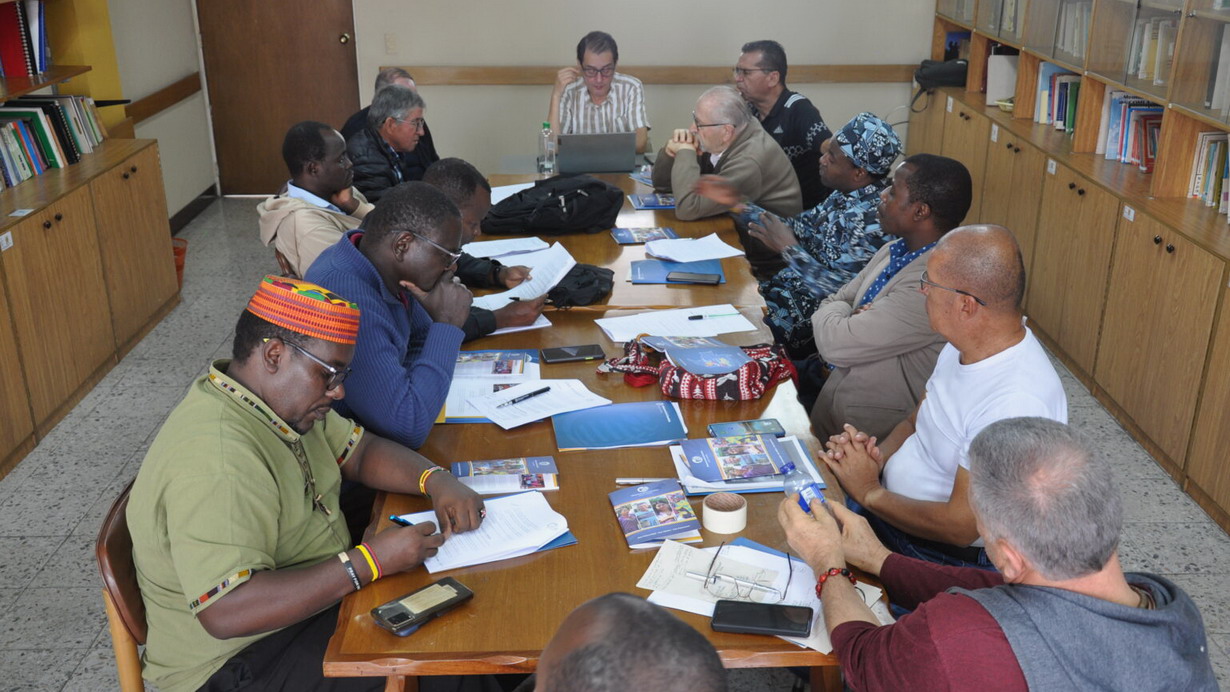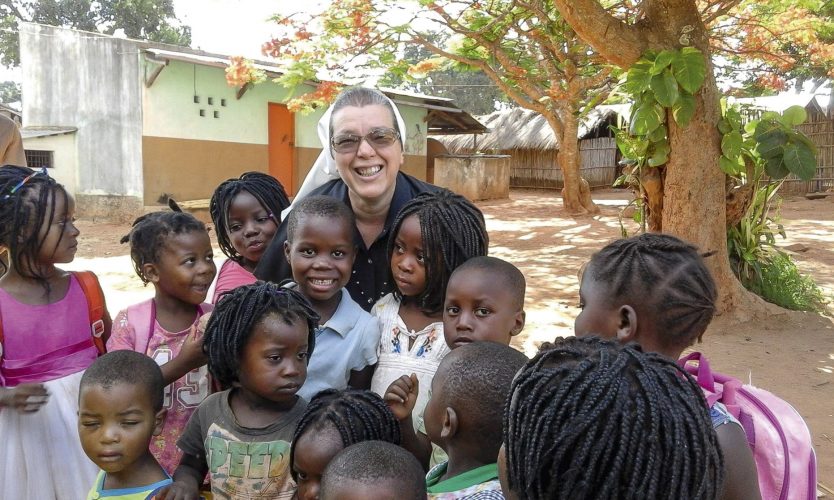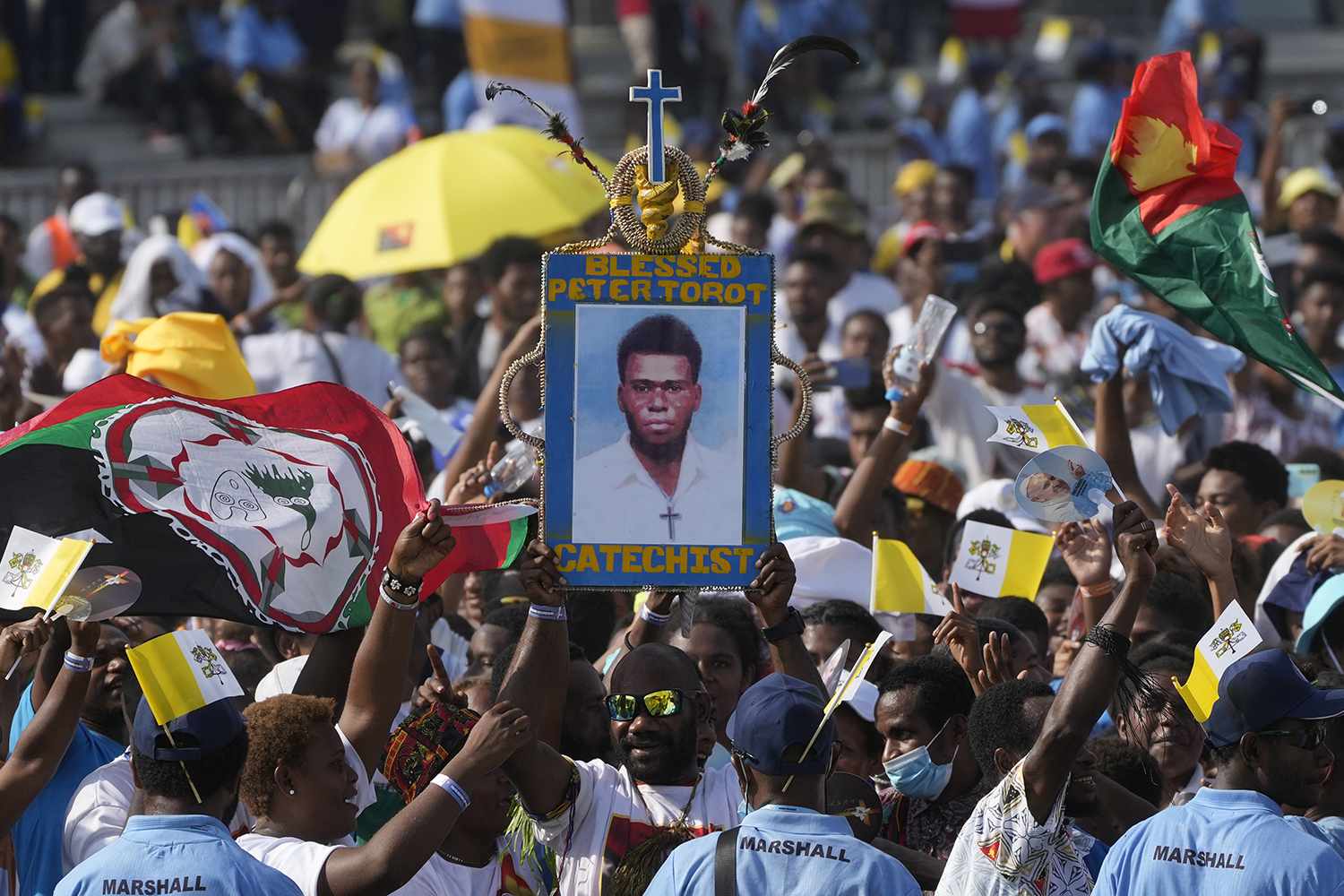Blessed Giuseppe Allamano towards holiness
Joaquim Magalhães de Castro
For Blessed Giuseppe Allamano, founder of the Consolata Mission Institute in 1901 – who will soon be canonized – being a missionary required nothing other than a great love for God and a commitment to the salvation of souls. This was one of his mottos: “First the saints and then the missionaries”.
Born on January 21, 1851, in Castelnuovo Don Bosco (Asti) and died on February 16, 1926, in Turin, this priest, who literally “dedicated his life to others”, was a pioneer in the production of the Catholic press (having, in 1899, began publishing the monthly La Consolata) and became involved in various social works, being responsible for opening schools and hospitals and sending numerous missionaries to Africa. The first priests arrived in Kenya in 1902, and within eight years Guiseppe would extend his mission to women, thus creating the Consolata Missionary Sisters.
Due to the growing number of the Christian population in that country, it became quite clear that in the short term there would not be enough priests and brothers to meet the pastoral needs of those populations. Father Allamano expressed this deep concern to Pope Pius X during a visit to Rome in 1912, urging him to do something. He suggested that the Holy Father establish an annual missionary day to awaken missionary vocations. However, war breaks out in the Balkans and the proposals are postponed. Throughout this first world conflict Guiseppe Allamano worked to help refugees and his idea of dedicating an annual day to missionary work would eventually emerge in 1927, when Pope Pius XI established World Mission Day.
According to a report from the Holy See, dated May 23, Pope Francis approved the decree that attributes to the founder of the Consolata Missionaries the miracle of curing an indigenous person from the Amazon rainforest, who, after being attacked by a jaguar, had been assisted by six nuns and a missionary from Consolata who – in the course of assisting their brother in danger of his life – invoked Blessed Allamano, placing one of his relics next to the injured man, thus achieving the miracle. “This is a moment long awaited by all of us,” said Father James Lengarin, superior general of the Consolata Missionaries, who was in Bogotá at the time for the XIII Regional Conference of that religious order. Father Lengarin, a native of Kenya, elected a year ago, is the first Superior General of African origin to hold such a position.

The Conference in Colombia addressed three major themes, two of them outlined by Cardinal Luis José Rueda Aparício, archbishop of Bogotá, primate of the Church in Colombia and president of the Episcopal Conference. Above all, the extreme importance of implementing the government project “Total Peace” was highlighted, as as members of the Church, the Consolata missionaries maintain a “prophetic, patient and confident attitude”, generating fraternity, trust and hope; promoting dialogue and facilitating meetings. They even consider themselves “the spiritual component” of the entire equation. Then there was also the environmental situation to take into account.
Consolata missionaries are attentive to the integral ecology that “takes care of human beings and the Common Home”, aware that everything is interconnected. Finally, social reforms. Solidarity with the excluded and discriminated, always fighting for “a change, a conversion of mentalities, styles and political and social practices”.
Present in thirty countries – operating in 231 communities and counting on the help of more than a thousand “men and women dedicated to serving their fellow men” – the Consolata Missionaries constituted a Catholic community of around 900 brothers and priests from four different continents. They all dedicate their lives to proclaiming the Good News as commanded in the Gospels: “Go into the world and preach the Gospel to all Creation”. Furthermore, the Consolata Missionaries dedicate themselves to their mission completely, without any additional commitments and “free from any other relationships”, therefore taking three vows: poverty, chastity and obedience, “under the influence of the evangelical adventures.”
For them this is not a temporary commitment, but for life. The focus of Consolata Missionaries is worldwide; in all peoples, thus testifying to the universality of the Church and Christianity. This “going beyond” is always expressed, wherever the missionary is, as it is necessary to overcome not only territorial boundaries, but also racial, cultural, sociological and religious ones, in the sense that we must pay our attention “not only for those who live close to us, but also those who are far from Christ and the Church”.
The Consolata Missionaries were inspired by Mary, mother of Jesus. Just like Mary – whom they venerate with the title of Consolata – they too want to bring true consolation to the world, “which is Jesus and his Gospel”. As a way of fulfilling their mission, they keep company with marginalized and abandoned people, comfort the suffering and afflicted, heal the sick, carry out human advancement at different levels, defend human rights through the defense and promotion of justice and peace.


 Follow
Follow


